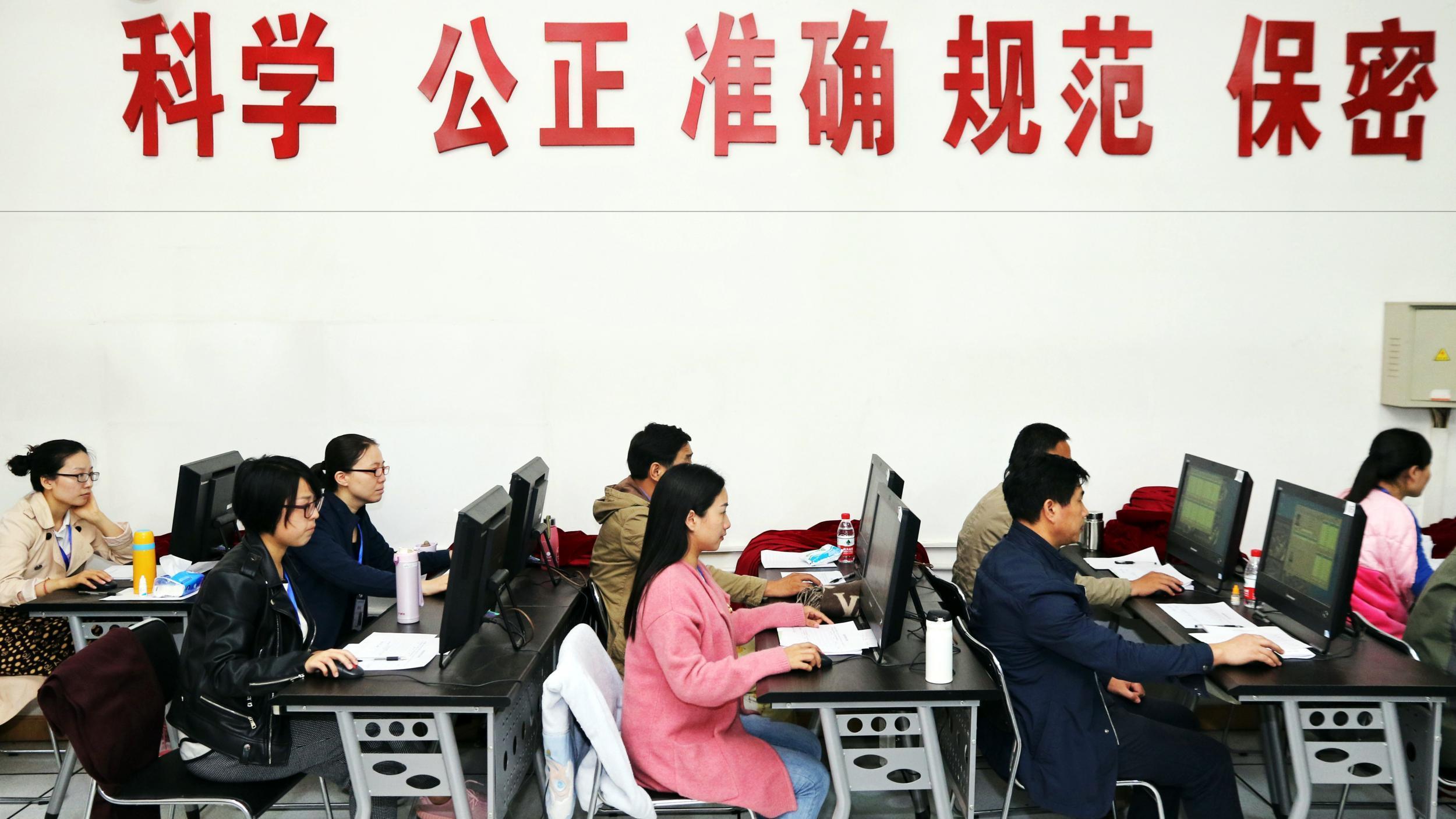Chinese students cautioned over fake universities when applying for higher education
400 fake institutions have been exposed in the country since 2013

China has exposed 30 fake higher education institutions as millions of high school students across the country prepare to apply for university.
The country’s state press agency, Xinhua, also confirmed that since 2013, 400 fake universities have been outed by education website sdaxue.com.
Founder of the site, Xia Xue, said the names of suspicious colleges are usual sent in by email or social media which sdaxue then investigates.
Speaking to state media, Xue said: “It is easy to see through the trick when they fake the names of well-known universities, but it is more difficult to identify if lesser-known institutions are faked.”
Xue was referring to the tactics these colleges usually employ to make themselves seem genuine. According to Xue, the exposed universities tend to use the names and website designs to imitate genuine and well-known institutions in order to slip through the net.
However, having released a list of 30 fakes – the sixth such list to be released by the site in the past three years – Xue revealed the majority had used the names of private colleges which specialise in adult education. Authorities are now reportedly working with police to investigate the list further.
The news will have come as a relief to almost ten million high school pupils who have been studying furiously for the standard university entrance exam known as the "gaokao".
Education plays a pivotal role in Chinese culture, and the gaokao sees pupils put under pressure from their families to do well. This year, assessment centres across the nation had a heavy police presence as families turned out to support their children.
This year for the first time, students found to be cheating in the assessment will be declared guilty of a criminal offence, punishable by up to seven years in prison. Institutions around the world are clamping down on exam cheating.
Xiong Bingqi, vice-president of the 21st Century Education Research Institute in Beijing, told the Global Times: “Safeguarding fairness in the gaokao and education, in general, is the baseline for China to maintain social justice.”
Join our commenting forum
Join thought-provoking conversations, follow other Independent readers and see their replies
Comments
Bookmark popover
Removed from bookmarks